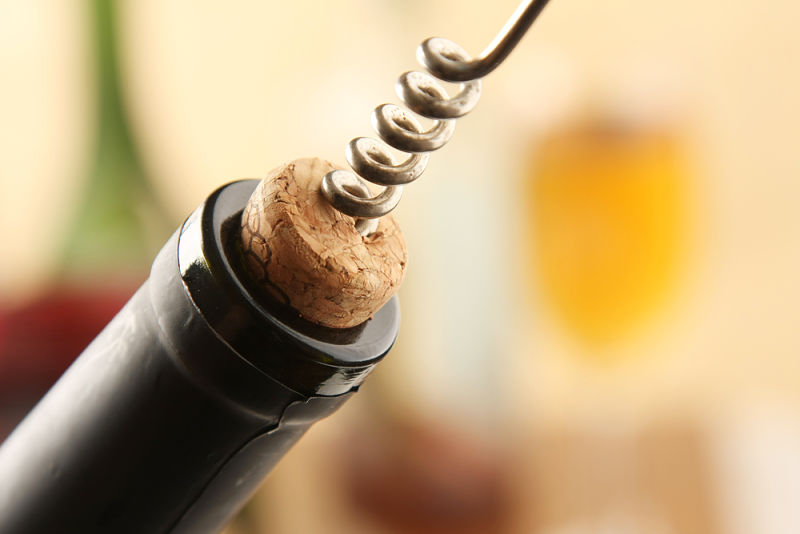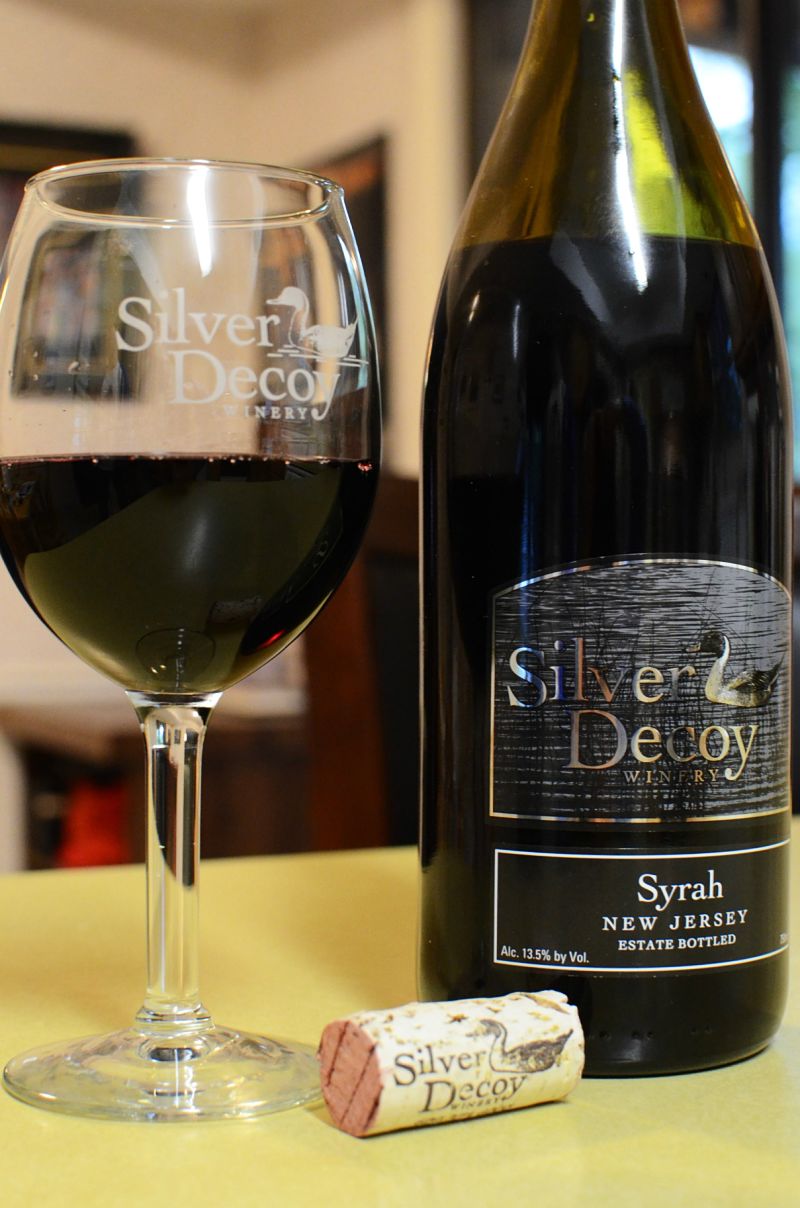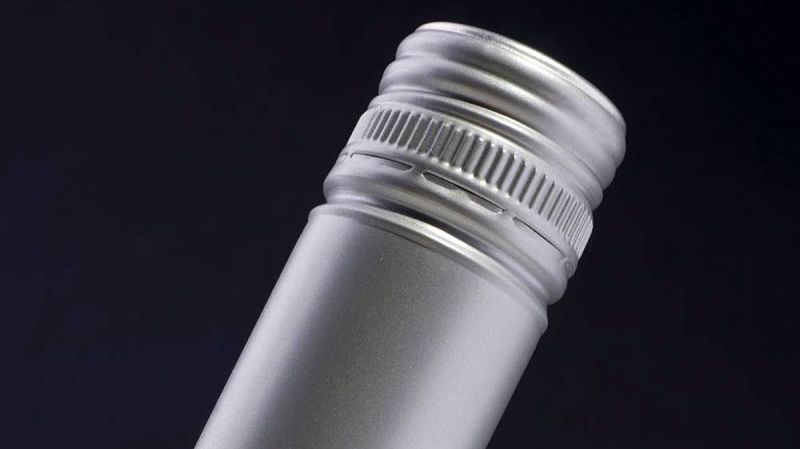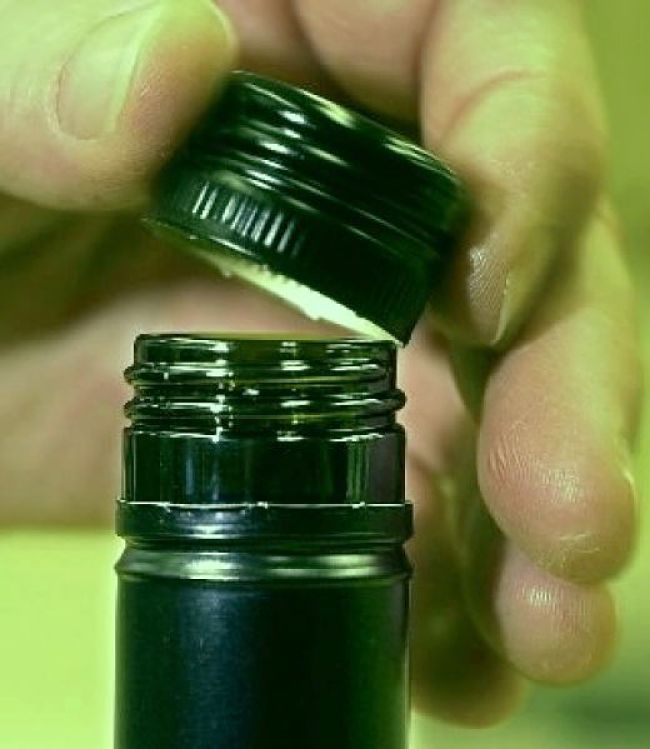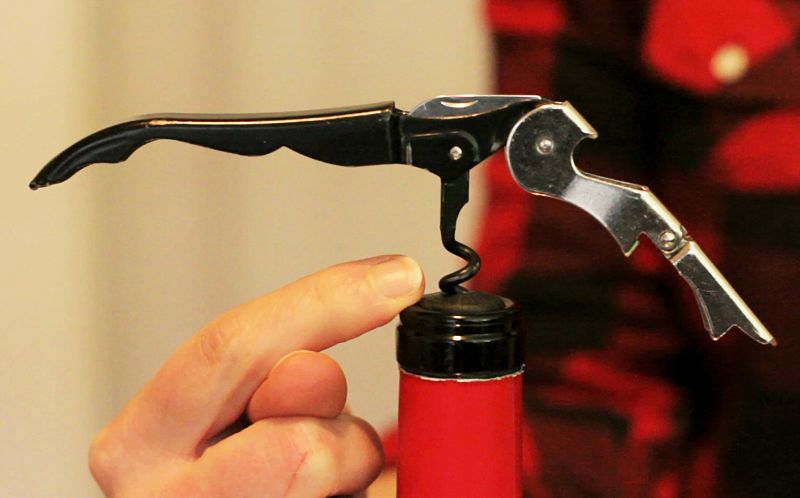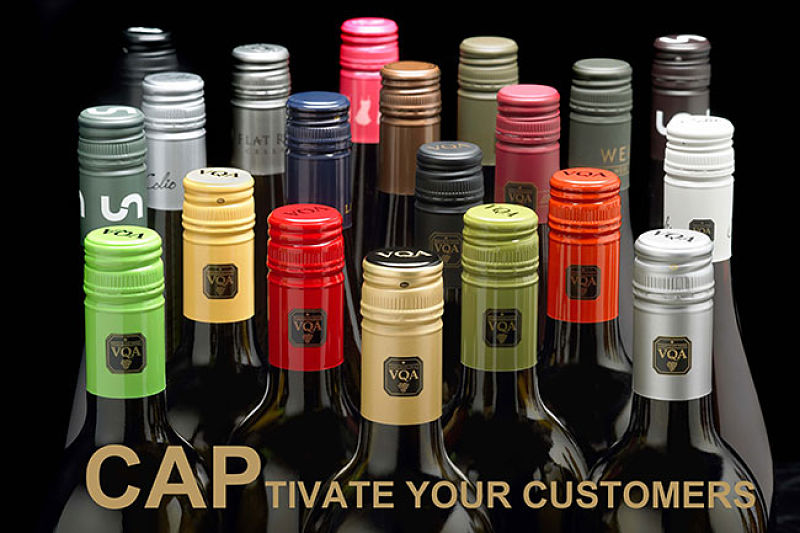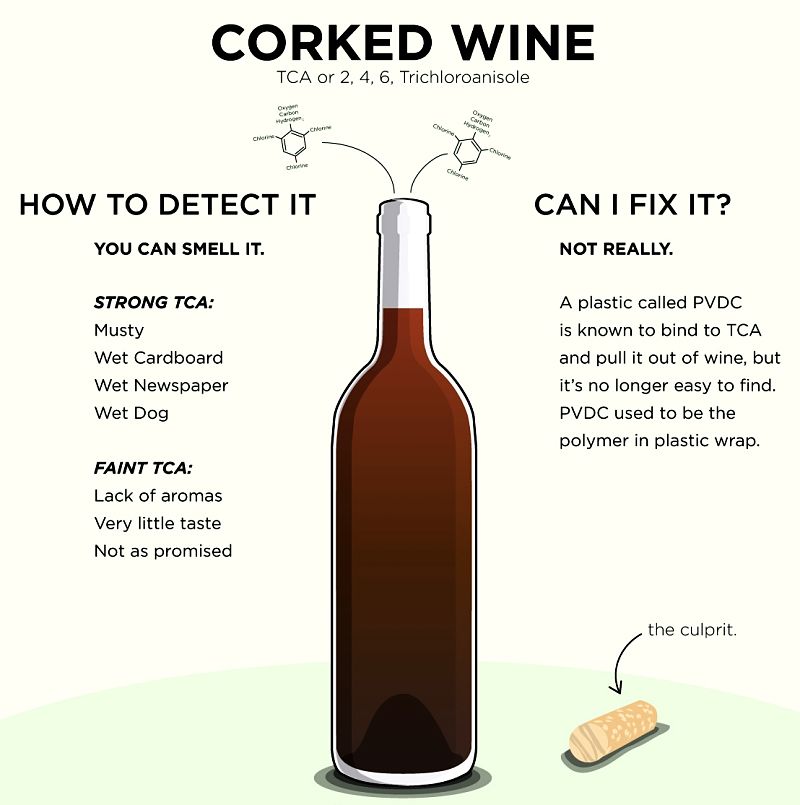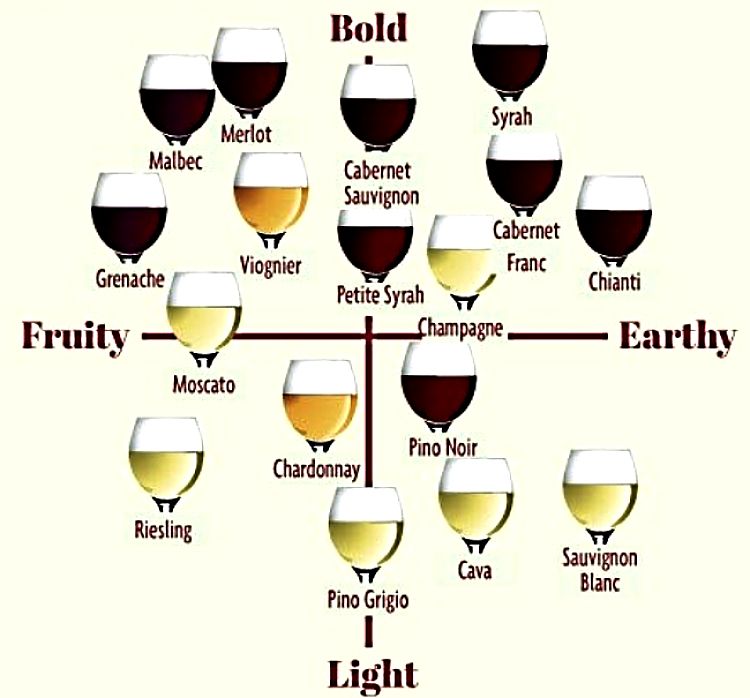Wine Corks are Going The Screwcaps are Winning!
The delightful ritual of popping the cork when opening a delightful bottle of Shiraz, Merlot or Chardonnay appears to be fading into the memory of wine lovers around the world. The corks are being replaced by screwcaps. The good part is that it removes the chance that the wine is 'corked'. The bad part is that it removes the ritual and the 'ageing' process that many people attribute to the cork closures allowing the wine to 'breathe' and mature properly in the cellar, ever so slowly.
The term 'corking' refers to the wine being tainted, leaking to much oxygen into the wine, or the wine being contaminated by the chemical trichloroanisole (TCA) which is a by-product of the processing of tree bark into wine corks. A study conducted at the Sydney Royal Wine Show in 2004 showed that about 8% of more than 2000 wines from all over the world was contaminated with his chemical which is equivalent to about one bottle in every case. The effects of this chemical can be a subtle change in the aroma of the wine, or a revolting stale smell of mold and rotting paper.
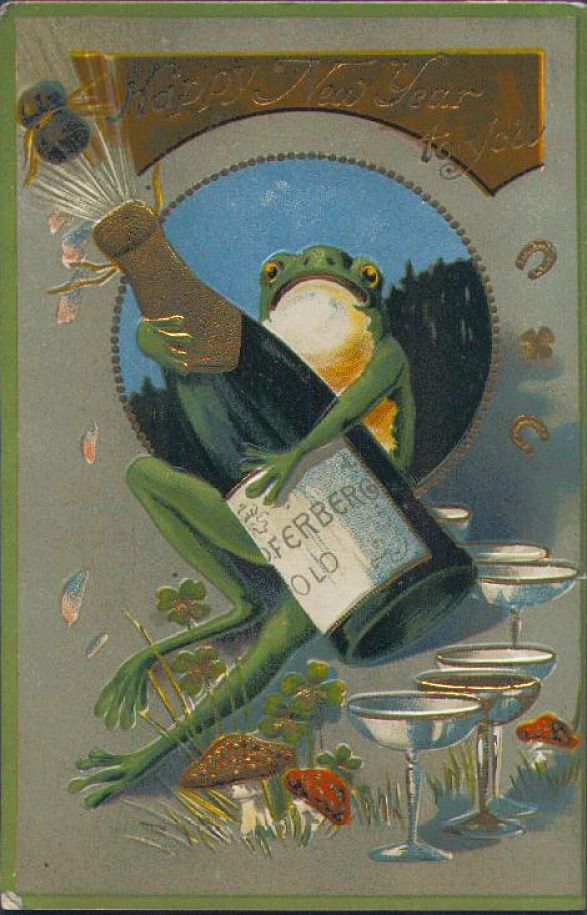
The screwcaps may mean an end to those wonderful debates we used to have with the wine merchant when trying to get a replacement. It also means the end of those bargain buys of cases of wine where about 50% of the bottles were fantastic and the rest foul smelling rubbish. The only way to tell was to open each bottle. The people selling the bargain wine would always let you taste the good one!
But now that 'corking' has been removed as a major source of tainting and rotten smelling wine what excuse can you have for returning a wine that is simply a bad wine?
In general there are 4 types of bad smelling and tasting wine.
- Corked wine - smells like mold or wet cardboard.
- Oxidized wine - yes even the screwcaps leak occasionally, or the wine has been exposed to the air prior to bottling. Generally the wine will have a cloudy, brownish color and the taste foul like old apples.
- Contaminated wine - this is wine that has been tainted by bacteria or by other poor processing techniques or poor sanitary conditions in the winery. Maybe, just maybe, it may be dirty wine glasses? Lots of trace contaminants can remain on the glass particularly from dish-washers!
- Poorly made wine - that has unwelcome flavours, aromas and bouquets - I'm sure you will all have tasted some of these.
Wine Tours Australia
- Information and search tool for Australian wine, wineries and winery tour maps :: OzWineTours
Information and search tool for Australian wine, wineries, winery tour maps, regions and districts. Find wineries by - winery name, regions, labels, wine, variety, region, district, location, history, climate, terroir
With the corks replaced by screwcaps it is now much harder to convince the wine merchant that the wine is 'off' - Let the buyer beware.
While cork seals are disappearing, supposedly because of 'corking' contamination - the main reason is that it is getting very hard to sources good natural cork. Cork supplies have dwindled and good corks have become very expensive. Artificial corks have been tried but they were expensive largely unpopular with consumers
There is still raging debate out there, especially by red wine buffs who say that the cork adds something unique to a wine hat is cellared while laying on its side with the wine in contact with the cork for 10 or 20 years. When you think about it - effect of oak and cork on a wine is closer than you think - they are both from the same source wood and bark! There are some chemicals which are considered positive in oak barrels, but not so in cork in the bottles. In some cases cork can add flavour and aroma to wine through various substances is in similar ways to what oak treatment is designed to do.
The suggested beneficial effects of cork are:
- The pleasant flavour the cork imparts to the wine
- The tiny amount of oxygen that passes through the cork helps with the maturing process.
- People claim that the screw cap seal is so good that it prevents the wine from ageing properly over, say, 10-20 years? Wine ageing is a complex process that requires an oxygen-free ‘reductive’ environment. But many people still claim that the trace amounts of oxygen that get through the imperfect seal provided by the cork are crucial for the proper ageing process?
Scientists still debate these issues and it appears that yet no one has done enough convincing experiments to settle these issue once and for all. The subjective nature of wine appreciation is likely to impede any settlement of this debate, but most people who have studied the research will say that the benefits of cork and very minor compared with the risks for mature wine.
So why do the corks remain? There are several reasons:
- Screwcaps have a ‘cheap’ image to many wine lovers, especially particularly wine lovers in European wine producing countries like France and Italy, who are highly reluctant to move away from corks. In Australia and New Zealand the wine lovers are more accepting, corks are harder to find and are very expensive and most of the wine is sealed with screw-caps.
- People simply love corks. They are regarded as being natural, 'classy' and the they look good and feel right. The delightful ritual of taking the corkscrew and removing the cork, using all sorts of ingenious methods is seen as part of the wine drinking experience and enjoyment.
- Many of the experts still say corks are better.
The Benefits of Screwcaps:
- They provide a very good seal, much more air-tight than cork.
- They are much easier to open: you simply twist them off, like you do with a soft-drink, no need for a corkscrew.
- The seals are made with a small plastic seal which is uniform and consistent, unlike cork which can be very variable.
- They are much more reliable. There are lots of reports of 20 year old screw capped bottles being opened and the wine tasting beautifully fresh and lively. If you buy a 10-20 year old wine you don't want the lottery of opening it and finding it is 'corked'.
- Most wine is not kept in wine for more than a few years and so the long-term benefits of a cork, if it is real does not apply for most wine.
So why aren't all wines sealed with screwcaps as many people are calling for?
People like the way that fine old wines apparently evolve and mature over time when traditionally sealed a good quality cork. Screwcaps undoubtedly provide a better seal than cork, but what about the plastic sealing disc and durability of the screwcap. Is an air-tight seal really what you want? Will the screwcap last 20 years? The process of wine ageing and maturing is known complex and poorly understood process. It takes place in what is called a ‘reductive’ (Oxygen free) environment once the wine is sealed in the bottle.
But could it be that small traces oxygen get through the seal provided by the cork, and that this is an intrinsic part of the ageing process that gives mature wine that magical taste? The scientists who have studied it don’t know for sure and because of the complexity and time scales, the really definitive experiments have not been done. The subjective nature of wines means that the traditional wine buffs and experts will probably never believe the scientists anyway
But, it is worth noting that most wines made worldwide do not require extended cellaring and for this reason the screwcap is likely to be the optimum closure method. Others argue that for most whites that are consumed in one or two years after bottling, why not use a cork, as there is reduced likelihood of 'corking'. It’ seems likely that cork will always be used for some wines, but the scarcity and price of cork will screwcaps gaining ground over the next few years.
The Screwcaps have won - well almost!
